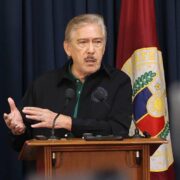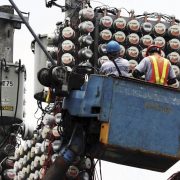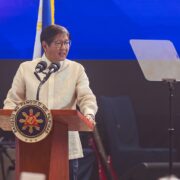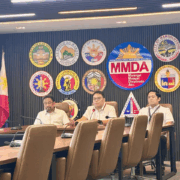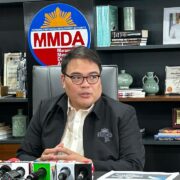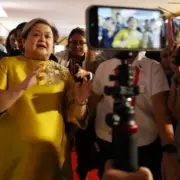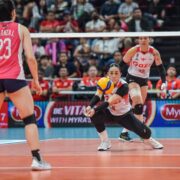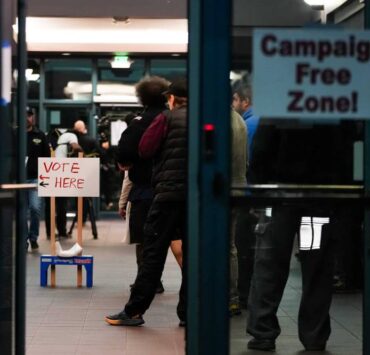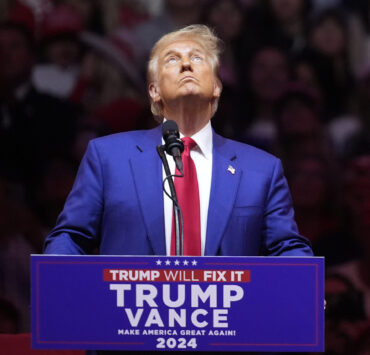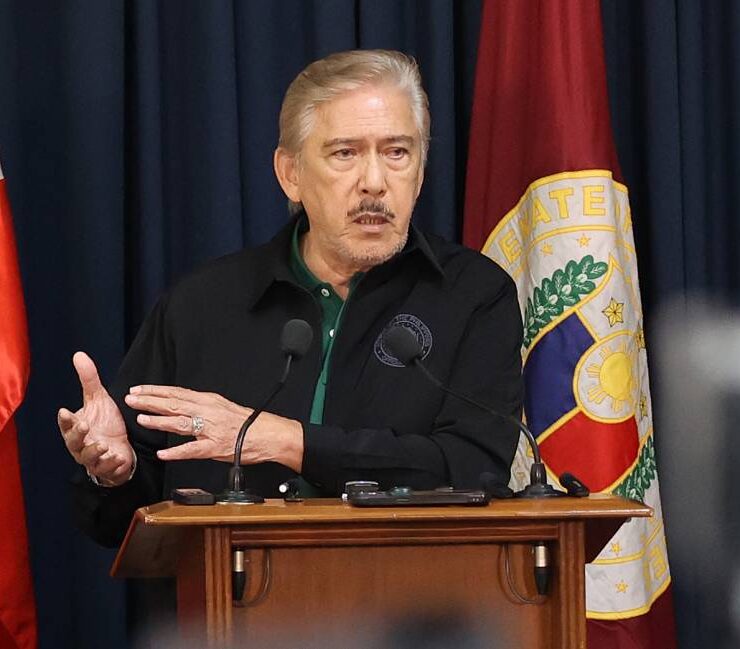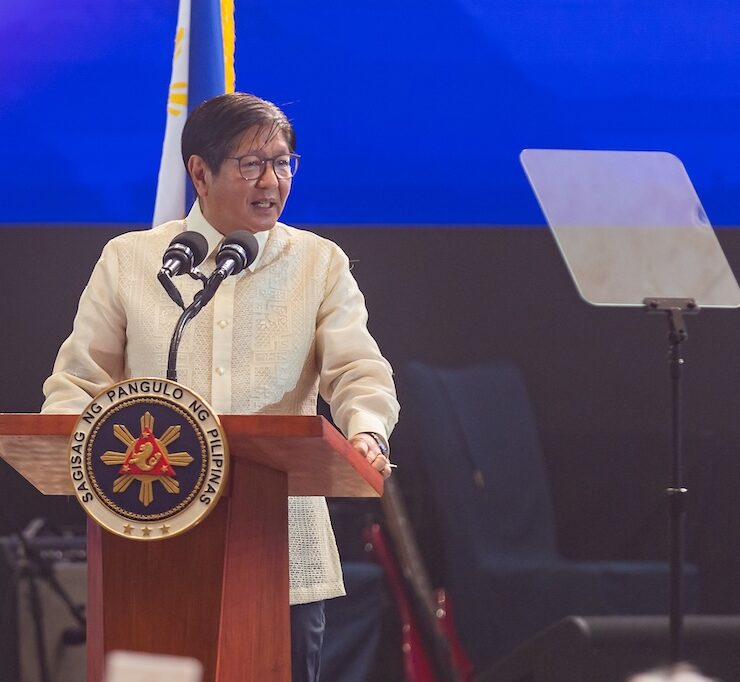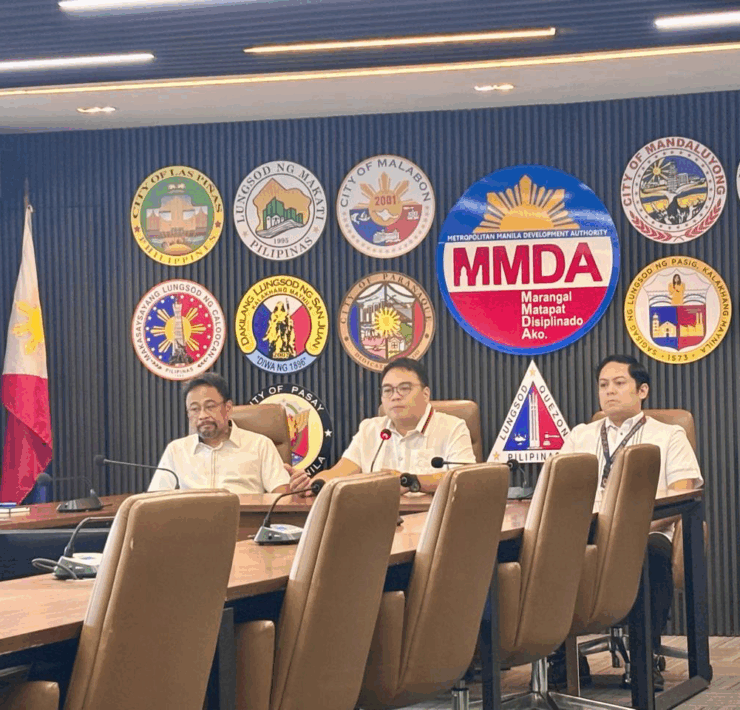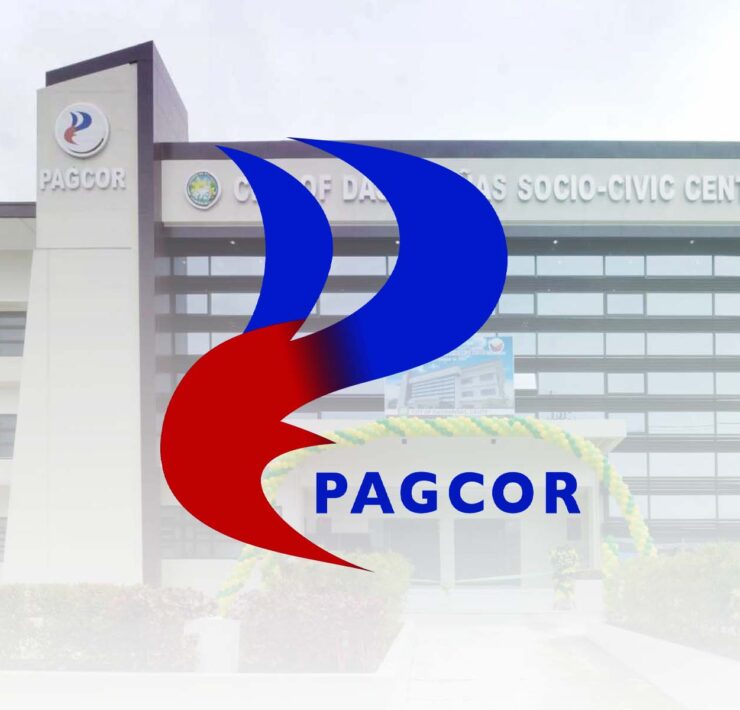Policing the police: A question of jurisdiction
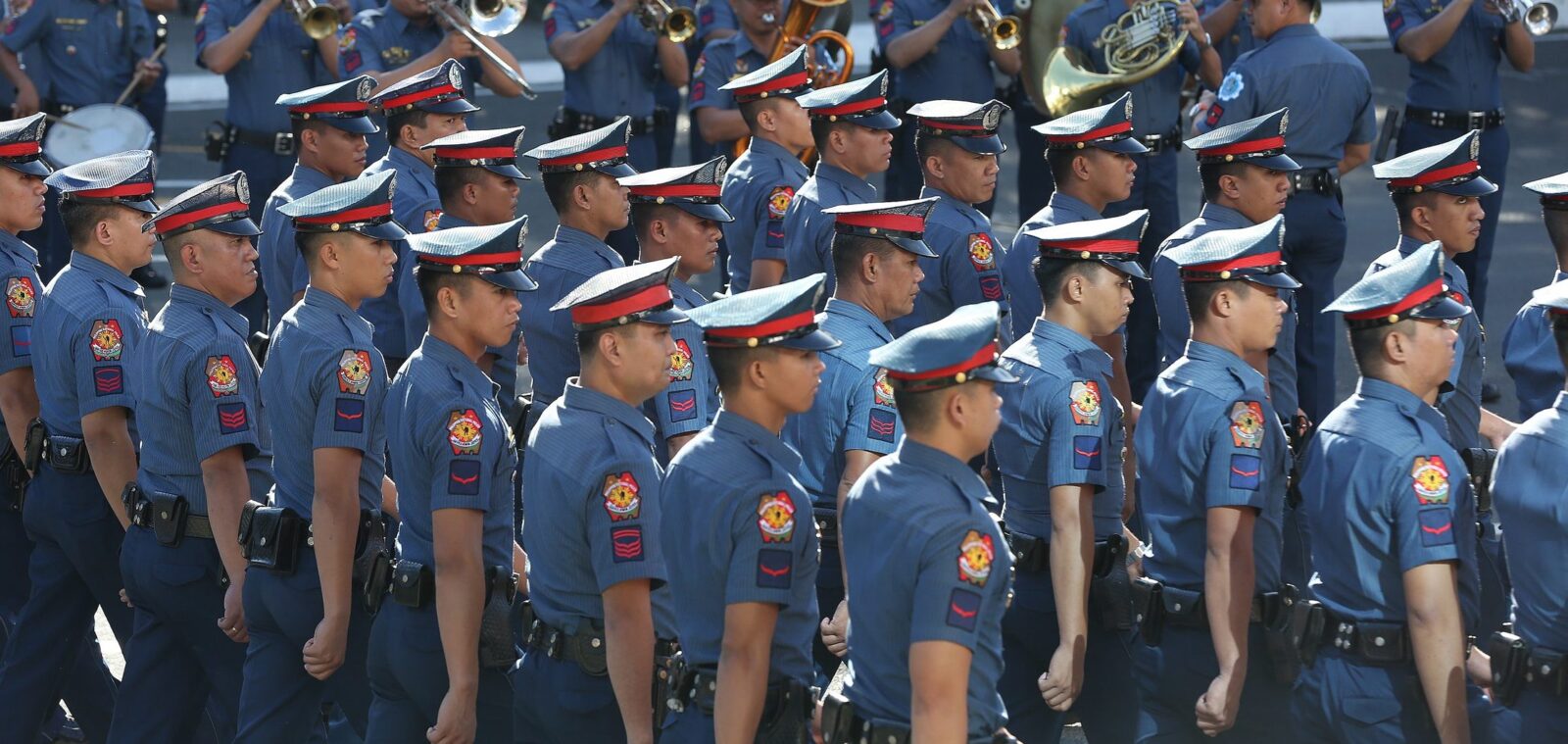
- (Second of three parts)
Overlapping jurisdiction?
Former Senator Panfilo Lacson has made distinctions between the jurisdiction and disciplinary powers of the National Police Commission (Napolcom) and the Internal Affairs Service (IAS).
Asked whether the IAS and Napolcom, which both deal with police misconduct, have overlapping disciplinary jurisdiction, Lacson told the Inquirer Mobile: “Not at all.”
“Napolcom deals with policy. They can also exercise oversight functions, including but not limited to, reviewing the findings of the IAS involving punishments on grave and serious offenses like dismissal from the service,” he said.
Lacson also made it clear that Napolcom “may only review IAS’s findings on administrative cases, not criminal (cases) since only the Department of Justice and the courts have jurisdiction on criminal cases.”
But there was an instance when Napolcom was asked to conduct a parallel investigation with the IAS on one of the most controversial cases during Duterte’s war on drugs—the alleged shootout between detained Mayor Rolando Espinosa Sr. of Albuera, Leyte, and police officers that took place at the Baybay sub-provincial jail in 2017.
It was then Interior Secretary Mike Sueno who asked Napolcom to conduct the parallel investigation.
“While the PNP’s Internal Affairs Service (PNP-IAS) has automatically started its own investigation, it is still necessary for Napolcom to get into the picture to lend integrity and credibility to the probe,” Sueno had said.
While Sueno said that he had no doubts with the probe the IAS will conduct, “the public might not trust the results of an investigation which is conducted as well by policemen.”
Read: Napolcom ordered to launch parallel probe into Espinosa slay
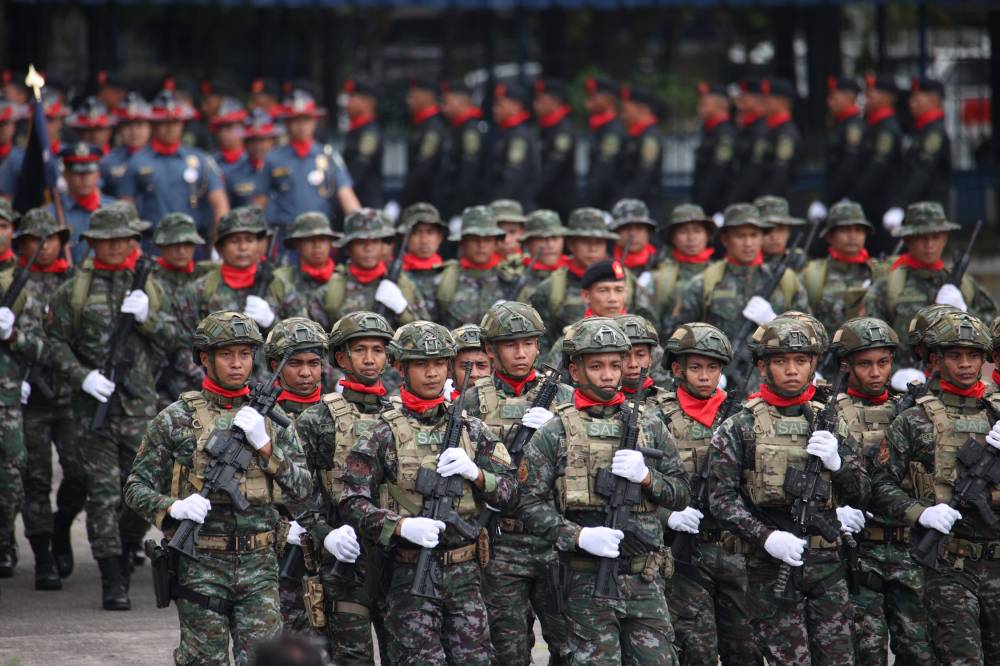
Direct disciplinary authority
According to Lt. Col. Jose Najera, service legal officer of the PNP Maritime Group, IAS only has “recommendatory power” and “no disciplinary authority.”
Those who have direct disciplinary authority over PNP personnel are the Napolcom, Chief PNP or equivalent supervisors, the mayors, and the Ombudsman, said Najera.
A deeper look into the investigatory powers of the IAS will show that although it can initiate its own investigations, its findings are subject to approval by disciplinary authorities at different levels of the police command: provincial (PD)/district director (DD), regional director (RD), or the PNP chief at the national level, especially level 3 officers from colonels to generals.
Napolcom, on the other hand, has offices in the regions, apart from the central office in Quezon City. The decisions of the PD, DD and RD can be appealed to the Napolcom Regional Appellate Board (RAB), while decisions of the PNP chief can be appealed to the National Appellate Board, and these include decisions of the RAB.
The IAS and Napolcom could initiate their own investigations of errant police officers, depending on which one acquires jurisdiction over the case first to avoid forum-shopping.
But in the current setup, Napolcom has more power and independence than IAS. Furthermore, the recommendations made by the IAS are based on the administrative sanctions promulgated by Napolcom rules.
In terms of access, filing cases with the IAS is easier because it has offices at the city, provincial, and district levels. Napolcom has offices only at the regional level, where complaints can be filed.
Overall, the internal disciplinary mechanism of the PNP through the IAS is rendered weak by the recommendatory nature of its findings and decisions, unlike Napolcom which can summarily dismiss an errant officer in an administrative proceeding.
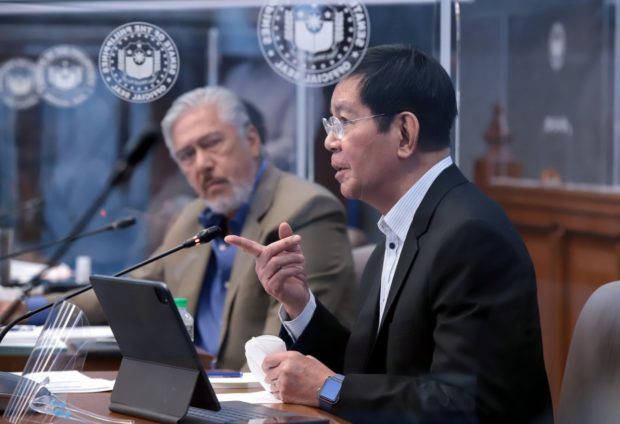
Thus, Lacson is proposing to remove the IAS from the organizational structure of the PNP and make it a truly independent body which has authority to promulgate and implement its own case findings and resolutions.
A former PNP chief during Joseph Estrada’s administration, Lacson is seeking a restructure of IAS which, he said, “needed to be independent and insulated from the police service.”
He is also proposing that police officers joining the restructured IAS stay with the body until their retirement rather than being detailed back to the PNP.
Reassigning them back to the PNP before retirement could make them “beholden to the PNP and kowtow to the wishes of the leadership.”
Revival of PLEB
Lacson will also push for the reactivation of the police law enforcement board (PLEB) which is provided in the PNP Reform Act “but is no longer active and forgotten over time.”
He said PLEB is the localized version of the disciplinary system in the PNP and it’s like a “community policing the police.”
Since the IAS cannot monitor everything, he said the PLEB can escalate certain cases that are too big for them to handle.
Still, Lacson stressed that the “basic and most ideal” way to ensure PNP members are upright is always through “leadership by example,” which he exhibited when, during his time as PNP chief, he refused taking bribes from illegal gambling and other crimes.
“There is no substitute for leadership by example because you have moral authority or ascendancy to your subordinates to order or instruct them not to be like this because I am not like that,” he said.
When asked if he considered a policeman to be familiar with illegal orders, he replied: “Yes, but subliminally, on top of their minds, they seemed beholden (to their superiors) because the order came from the top.”
Lacson mentioned that some police officers might have thought that the reward system for drug killings during Duterte’s drug war was legal. “(But) they should be discerning enough to determine what is a legal order or not,” he added.
(To be continued)




